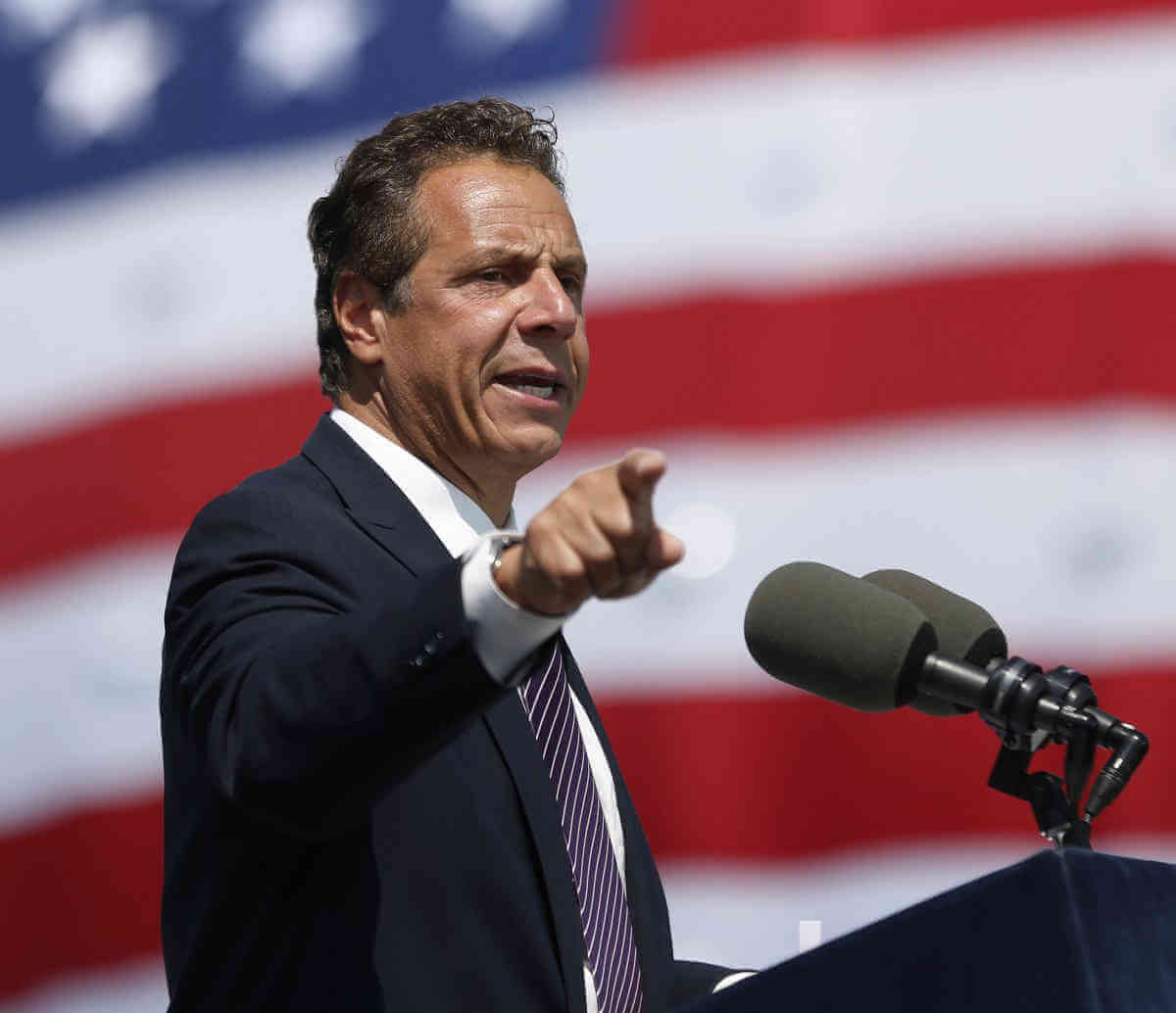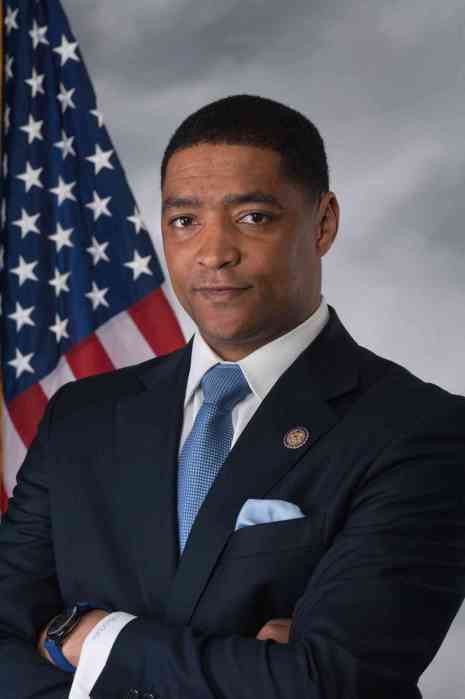The late, legendary Jamaican reggae superstar Peter Tosh had called for the legalization of marijuana in his debut album, “Legalize It,” in 1975.
Now, nearly 45 years later, New York’s Gov. Andrew Cuomo has vowed to legalize the herb in the state.
“Legalize It” was Tosh’s debut album as a solo artist after leaving the late, illustrious Bob Marley and the Wailers.
“Our economic growth would be a hollow victory if we did not continue our social progress,” said Cuomo in his State of the State address in Albany on Wednesday. “Let’s legalize adult use of marijuana.”
In proposing a comprehensive regulatory approach to legalizing marijuana, called by other names, such as herb, ganja and grass, Cuomo said he will create a new Office of Cannabis Management to specialize in cannabis regulation — overseeing the medical, adult-use and hemp programs.
The proposal will administer social equity licensing opportunities, develop an egalitarian adult-use market structure and facilitate market entry through access to capital, technical assistance and incubation of equity entrepreneurs.
The proposal will also correct past harms to individuals and communities that have disproportionally been impacted by prohibition.
“For decades, community of color were disproportionately affected by unequal enforcement of marijuana laws,” said Cuomo. “We righted that injustice when we decriminalized possession.”
The governor first endorsed the legalization of marijuana in December 2018, but legalization law was not included in the 2019 state budget.
To safeguard public health, Cuomo said his proposal limits the sale of cannabis products to adults 21 and over and establishes stringent quality and safety controls including oversight over the packaging, labeling, advertising and testing of all cannabis products.
He said these efforts will be done in coordination with the neighboring states of Connecticut, New Jersey and Pennsylvania.
The governor will also propose creating a first of its kind Global Cannabis and Hemp Center for Science, Research and Education with the State University of New York (SUNY) and other expert partners.
Eleven states have legalized marijuana for recreational use, among them Maine, Vermont and Massachusetts on the East Coast, according to the publication Patch.
In late August, Cuomo said the implementation of the Marijuana Decriminalization Law marked “a new chapter in the criminal justice system.”
“By providing individuals a path to have their records expunged, including those who have been unjustly impacted based on their race or ethnicity, and reducing the penalty for unlawful possession of marijuana to a fine, we are giving many New Yorkers the opportunity to live better and more productive, successful and healthier lives,” he said then.
“This law is long overdue, and it is a significant step forward in our efforts to end this repressive cycle and ultimately mend our discriminatory criminal justice process once and for all,” the governor added.
On July 29, Cuomo signed legislation, S.6579A/A.8420, further decriminalizing marijuana use in New York state.
He first proposed the further decriminalization of marijuana in 2013, and again in the 2020 budget. The bill took effect 30 days after becoming law.
Senate Majority Leader Andrea Stewart-Cousins said, “decriminalizing marijuana is an essential part of reforming our state’s broken justice system.
“For too long, communities of color have been disproportionately targeted and negatively impacted,” she said. “The Senate Democratic Majority will continue our efforts for full legalization and regulation of marijuana, and today’s decriminalization is a good first step.”
Assembly Speaker Carl Heastie, who traces his roots to the Bahamas, said the law is “an important step in righting decades of injustice caused by the state’s current drug laws.
“Decriminalizing marijuana and expunging records for those with low level offenses will go a long way towards helping our communities, and especially people of color, who have been devastated by them,” he said. “By removing the barriers and stigma that come with these records, we clear the path for many New Yorkers to find a job, housing and go on to live successful and productive lives.”
Cuomo said the legislation makes marijuana enforcement “fairer and more equitable” by reducing the penalty for unlawful possession of marijuana to a violation punishable by a fine and removing criminal penalties for possession of any amount of marijuana under two ounces.

























